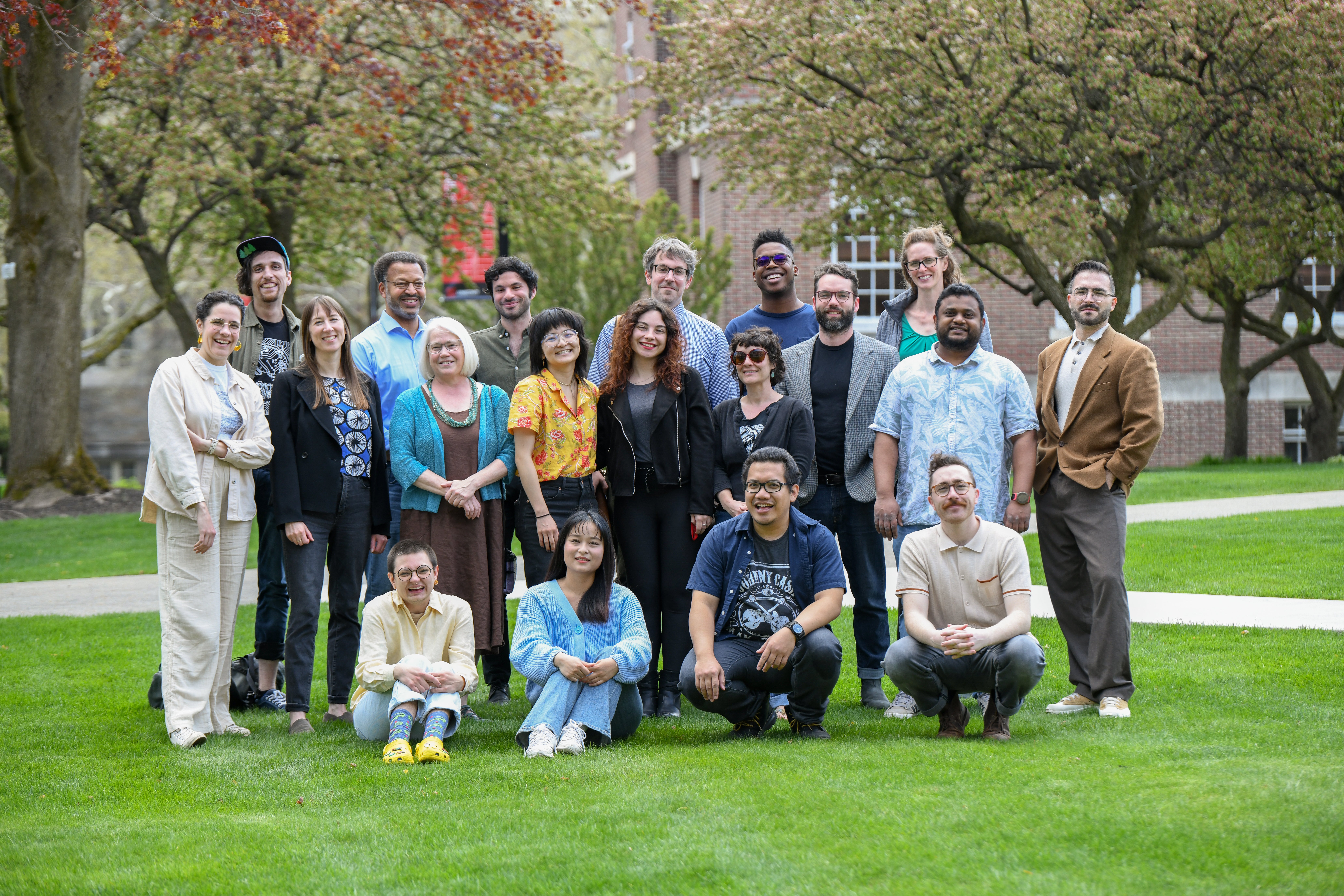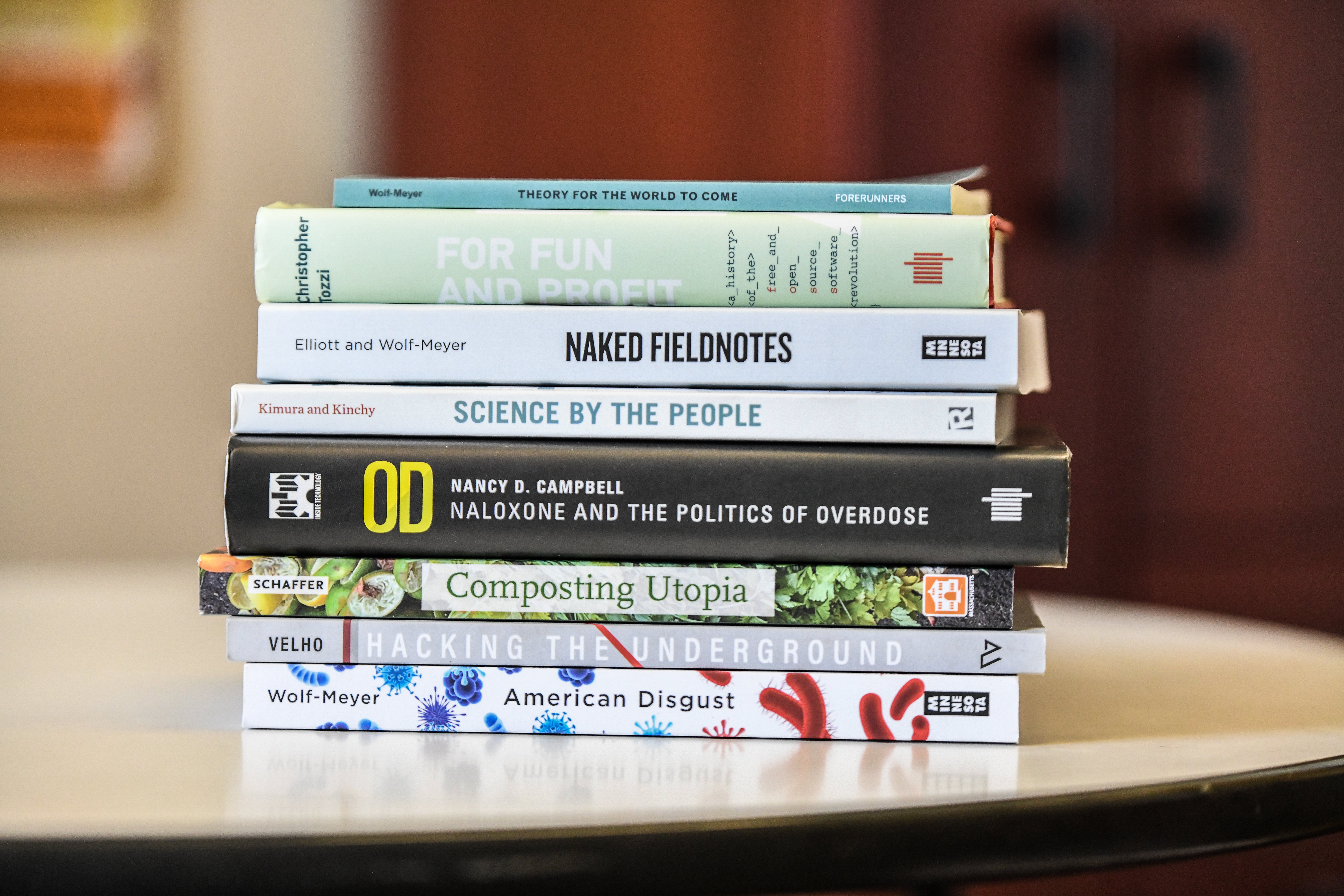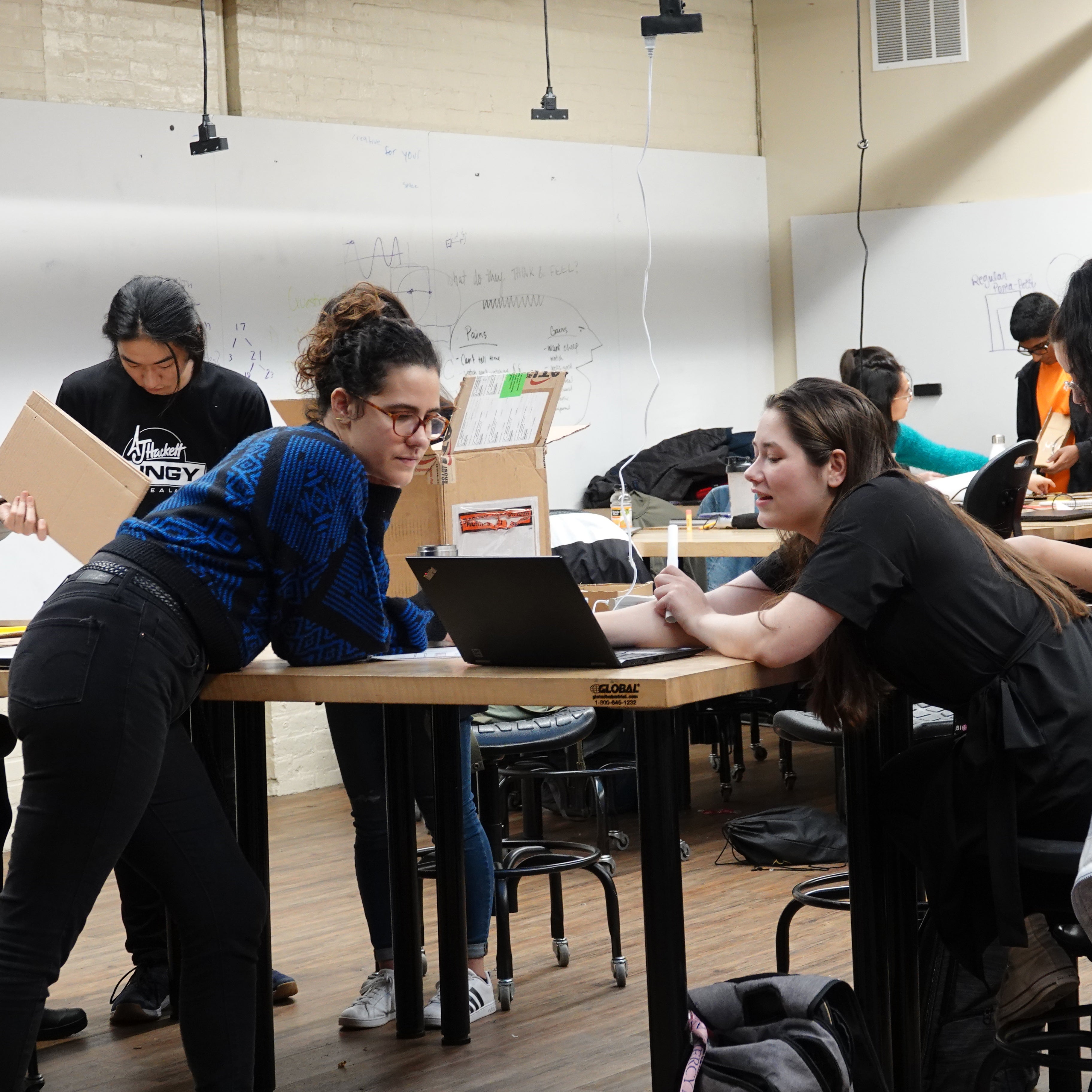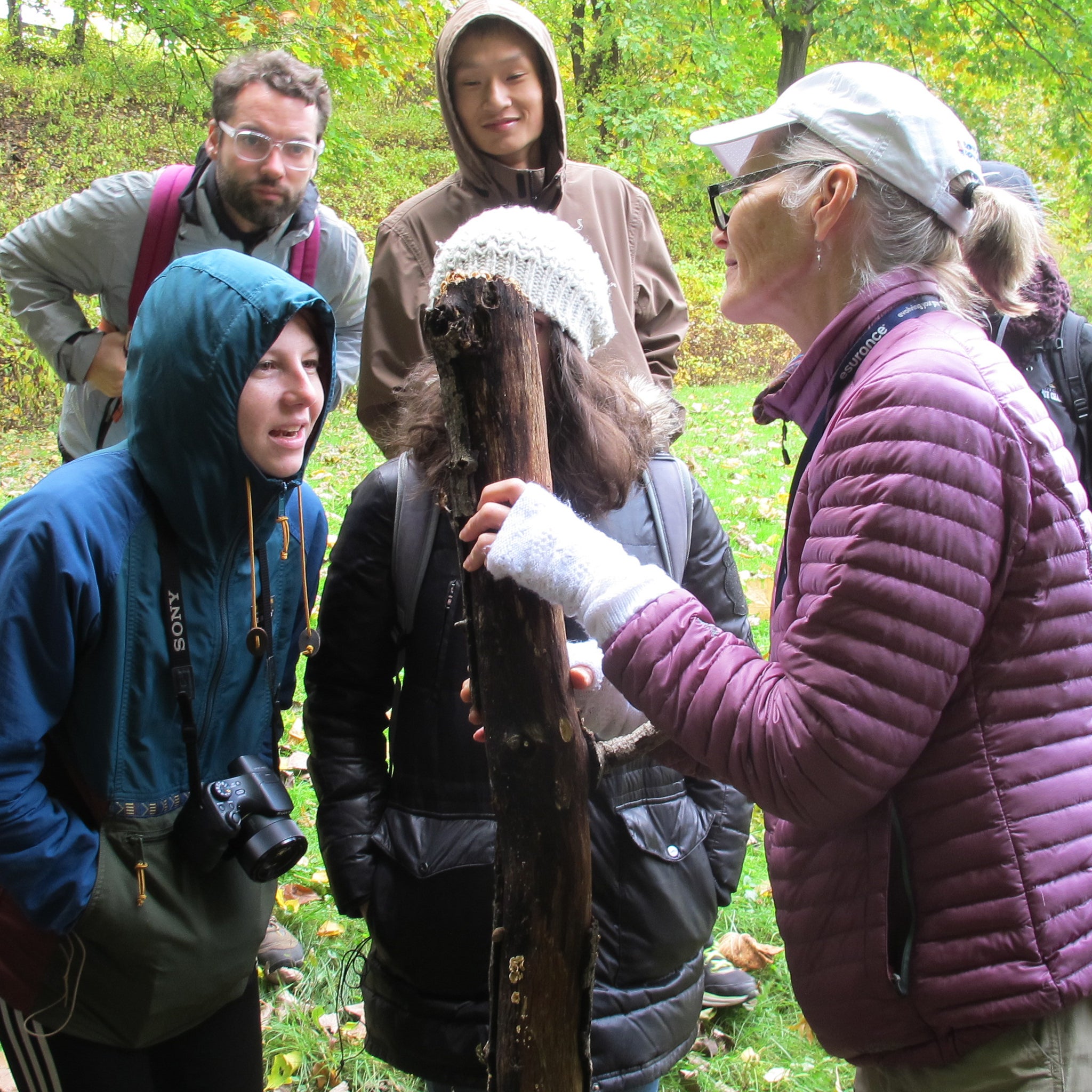
Scholars in Science and Technology Studies (STS) are experts in the ethical, legal, and social dimensions of science, medicine, computing, and engineering. The STS Department at Rensselaer applies this expertise toward research and design for sustainable and equitable futures. To find an expert, search our faculty profiles.

Our faculty members and PhD students publish high-impact scholarship that has broad societal impacts. We collaborate across disciplines to produce change in domains such as environmental sensing, telemedicine, hazardous waste siting, and the overdose crisis. We communicate our research through news media and community partnerships. Read more about PhD research here.

Undergraduate students have a wide variety of opportunities to work one-on-one with faculty members on research in areas such as environmental politics, history of medicine, disability studies, and participatory design. Students majoring in Sustainability Studies, Design, Innovation, and Society (DIS), or Science, Technology, and Society (STS) research and write a senior thesis.

STS students and professors pursue problem-centered research, drawing on diverse theoretical and methodological resources. Research sponsors include the National Science Foundation, the Department of Energy, and the National Endowment for the Humanities, among others. We encourage students to explore and develop diverse and innovative research methods, which may include ethnographic fieldwork, historical and archival research, discourse analysis, policy analysis, participatory design, philosophical argumentation, and other approaches to social inquiry and theory development.